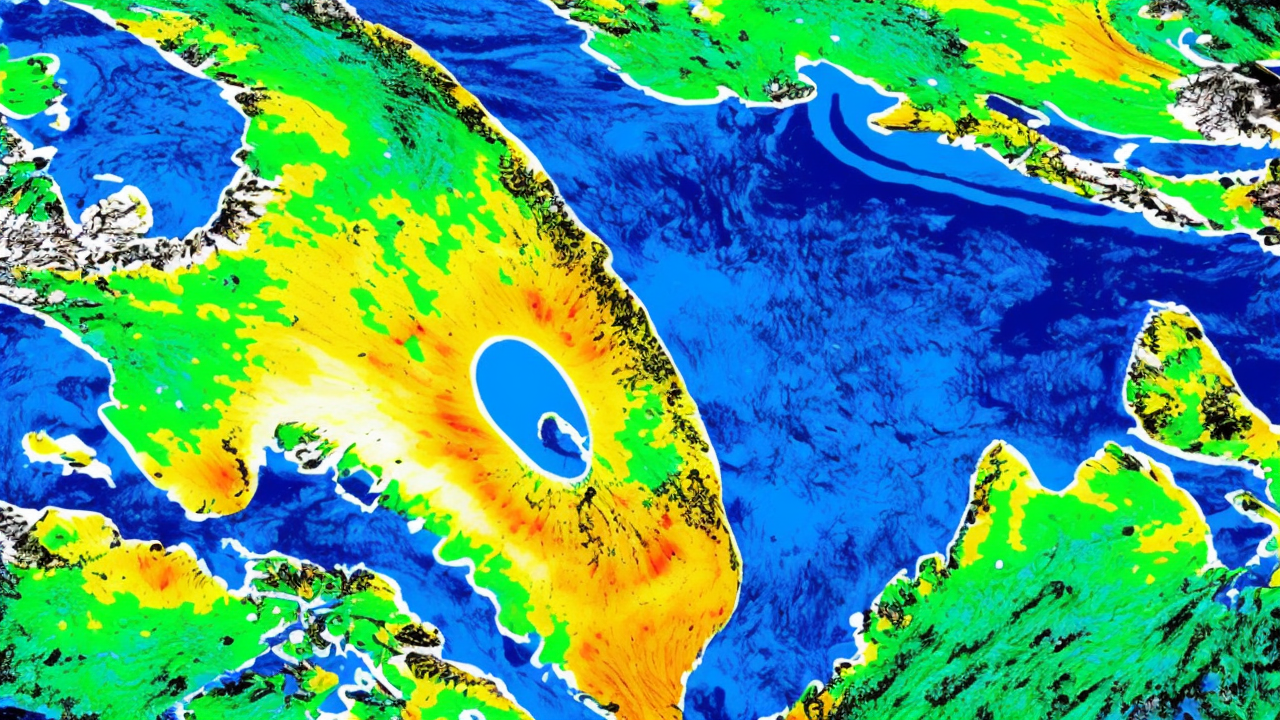North Atlantic Cooling Challenges Global Warming Narrative

A new study highlights a "marked cooling trend" in the North Atlantic, challenging the dominant narrative of global warming. Researchers found that ocean heat content (OHC) has declined since the 2000s, while sea surface temperatures (SST) have cooled since the mid-1990s. This cooling trend, documented in a study by Ryu and Kang (2025), contradicts the expected warming patterns projected by climate models.
The cooling in the North Atlantic is linked to the Atlantic Multidecadal Oscillation (AMO), a natural climate cycle that influences SST variability over decades. The AMO entered a warm phase in 1995 but has since shifted, contributing to the observed cooling trend. This natural variability raises questions about the extent to which global warming projections align with real-world observations.
The study also notes that the North Atlantic's behavior diverges from IPCC hindcasts and projections, which often predict continued warming. This discrepancy underscores the complexity of climate dynamics and the need for further research into natural oscillations and their impact on regional climate patterns.
As the debate over climate science intensifies, this study adds to the growing body of research suggesting that regional cooling trends, influenced by natural cycles, may complicate the global warming narrative.
Published: 7/19/2025
















